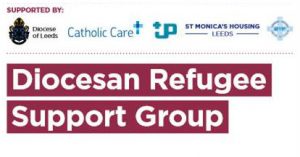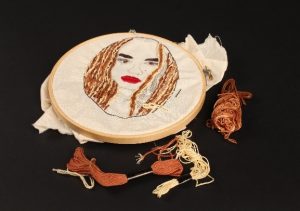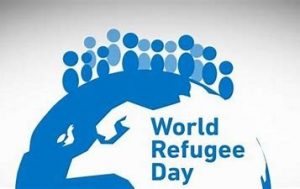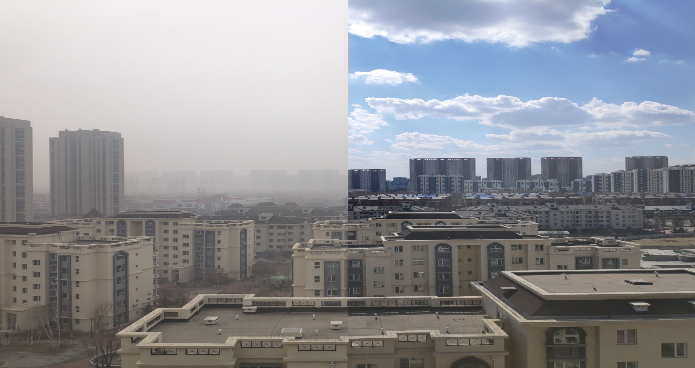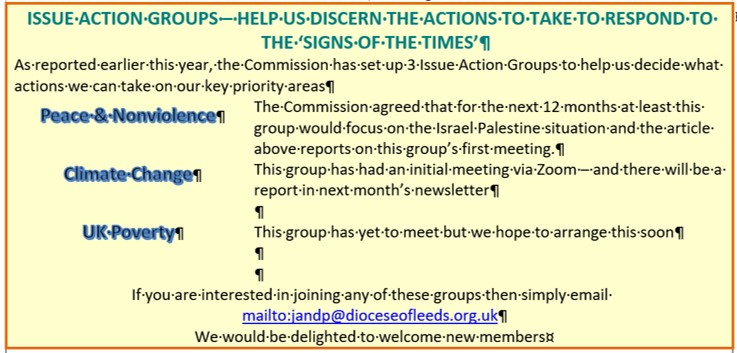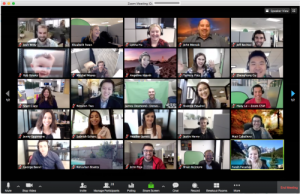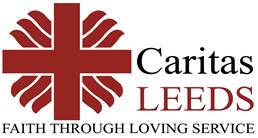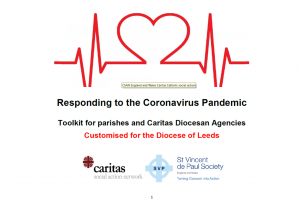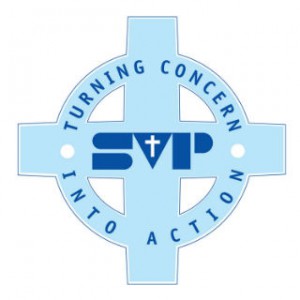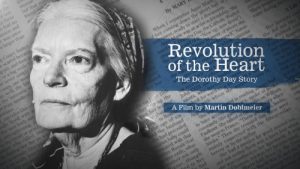By Lucy Irven, Diocesan Refugee Support Group Facilitator
Since the start of the lockdown response to the COVID-19 pandemic eleven weeks ago, the work of the Diocesan Refugee Support Group has been paused. However, we continue to be concerned for the welfare  of those who are seeking sanctuary as refugees and asylum seekers here in the UK. Organisations and individuals across the Diocese have not stopped working to offer their support in this unprecedented time of uncertainty in spite of the disruption to normal routines and circumstances. Inevitably, the reality for many refugees and asylum seekers in recent weeks has been an even greater isolation than usual as the closure of drop-ins and schools, exacerbated by heightened anxiety, has caused them, and their children, to remain largely confined to the home for weeks at a time.
of those who are seeking sanctuary as refugees and asylum seekers here in the UK. Organisations and individuals across the Diocese have not stopped working to offer their support in this unprecedented time of uncertainty in spite of the disruption to normal routines and circumstances. Inevitably, the reality for many refugees and asylum seekers in recent weeks has been an even greater isolation than usual as the closure of drop-ins and schools, exacerbated by heightened anxiety, has caused them, and their children, to remain largely confined to the home for weeks at a time.
The Home Office have temporarily suspended reporting requirements and paused the ‘substantive’ interviews for asylum seekers but this will only increase the already significant delays in the processing of applications. It will also be more difficult to prepare a fresh claim whilst it is not possible for asylum seekers to visit solicitors or have face to face meetings with case workers. Support organisations are doing their best to help, offering telephone support, providing updated information online and encouraging their users to access classes and meetings using Zoom.
For destitute asylum seekers there was some relief when, on the 26 March, the Government wrote to local authorities in England asking them to house all people sleeping rough, and those in hostels and night shelters, as soon as possible. There is of course, now uncertainty as to when this support will be removed and what will be offered as an alternative, if any.
As far as refugee resettlement goes, the UK government has now reached its target by resettling 20,007 refugees by March 2020. There is a new scheme to resettle a further 5,000 refugees during 2020-21 though new arrivals to the UK are currently suspended because of travel restrictions. Prior to lockdown, a number of Parishes in the Diocese had expressed considerable interest in the Community Sponsorship scheme but this work has also been paused.
News from across the Diocese
St Monica’s Housing continues to support a number of destitute asylum seeker women who are currently living in two houses. The women have been staying safe at home with volunteers bringing them cash and food parcels each week. The house committees have kept in touch with the women by text and phone, allowing for necessary house repairs and additional support to be provided as and when necessary. With the ongoing restrictions for some members of the committee, if there are any willing volunteers who might be able to help the team then please get in touch with John McLaughlin on jmclj2@hotmail.com.
 Gianna Baby Bank Plus, have been exceptionally busy during lockdown. If you follow their Facebook page, you will have seen pictures of prams and pushchairs, cots and Moses baskets being delivered to expectant mothers and newly arrived families across the Diocese. Whilst not being able to make their usual home visits, they have kept in touch with regular phone calls to families, received updates from clients and maintained contact with other support agencies. They have continued to receive some very generous donations throughout and one week four fabulous prams were delivered to their new owners in Huddersfield, Dewsbury, Bradford & Settle.
Gianna Baby Bank Plus, have been exceptionally busy during lockdown. If you follow their Facebook page, you will have seen pictures of prams and pushchairs, cots and Moses baskets being delivered to expectant mothers and newly arrived families across the Diocese. Whilst not being able to make their usual home visits, they have kept in touch with regular phone calls to families, received updates from clients and maintained contact with other support agencies. They have continued to receive some very generous donations throughout and one week four fabulous prams were delivered to their new owners in Huddersfield, Dewsbury, Bradford & Settle.
 WYDAN (West Yorkshire Destitute Asylum Network) has decided to wind up its operations following the establishment of regional NACCOM (No Accommodation) hubs. The local NACCOM hub, West Yorkshire and Humberside, has essentially replaced WYDAN’s networking function.
WYDAN (West Yorkshire Destitute Asylum Network) has decided to wind up its operations following the establishment of regional NACCOM (No Accommodation) hubs. The local NACCOM hub, West Yorkshire and Humberside, has essentially replaced WYDAN’s networking function.
The WYDAN Night Shelter closed, not long after the start of lockdown, with the handing over of the guests to the local authority for accommodation and food. While there were some difficulties initially, the guests have appreciated having their own rooms with a wash basin in each. However, it is not clear how long local authority support will last, nor when, or if, night shelter provision might be resumed, though WYDAN would like to do this if possible.
As an alternative, the group are looking to provide housing rather than the night shelter and are currently in the process of setting up a new charity, Leeds Destitute Asylum-seeker Support (LEDAS), to do this. Please see the news article on LEDAS by Tony Pickles.
The Good Shepherd Centre in Keighley is currently closed to visitors but working by phone on many issues. They continue to receive donations of clothing, household goods & furniture which are being delivered on request to families in need. The Centre is getting referrals from various agencies in Keighley & across the District. Two families had house fires so van loads of household equipment were delivered and a newly arrived asylum seeker family received furniture & household goods. Food donations from various groups in the area have been distributed to families known to the Centre as vulnerable.
The St Vincent’s centre in Leeds has been closed to visitors but has been busy delivering over 1,000 meals a week to those in need. Debt advice appointments are available by phone.
 Bradford City of Sanctuary joined with the University of Bradford to organise a collaborative art project, ‘This is Me’, in anticipation of Refugee Week. The exhibition which can now be found online at https://www.thisismeexhibition.co.uk/ showcases work done by the students of two of our Catholic Secondary schools, Holy Family Keighley and St Bede’s and St Joseph’s Catholic College, as well as from Bradford Academy and Oasis Academy Lister Park.
Bradford City of Sanctuary joined with the University of Bradford to organise a collaborative art project, ‘This is Me’, in anticipation of Refugee Week. The exhibition which can now be found online at https://www.thisismeexhibition.co.uk/ showcases work done by the students of two of our Catholic Secondary schools, Holy Family Keighley and St Bede’s and St Joseph’s Catholic College, as well as from Bradford Academy and Oasis Academy Lister Park.
You might also be interested in the following
 Refugee Week 2020 is celebrated from 15 to 21 June is going ahead but mostly with online zoom gatherings, quizzes, conferences, art shows and competitions. For details of the events planned across the UK go to https://refugeeweek.org.uk/events/ and for those in Leeds in particular please go to https://migrationpartnership.org.uk/refugee-week-2020-full-programme/.
Refugee Week 2020 is celebrated from 15 to 21 June is going ahead but mostly with online zoom gatherings, quizzes, conferences, art shows and competitions. For details of the events planned across the UK go to https://refugeeweek.org.uk/events/ and for those in Leeds in particular please go to https://migrationpartnership.org.uk/refugee-week-2020-full-programme/.
An article by Dr Anna Rowlands, from Durham University, titled ‘Living in a time out of shape’ found on Thinking Faith, the online journal of the Jesuits in Britain, https://www.thinkingfaith.org/articles/living-time-out-shape. In the light of our current situation, Dr Rowlands reflects on her recent research with refugees and asylum seekers and their awareness of time; time lost, time distorted and time well spent. “(Refugees) know acutely what it is like to lose your everyday markers of time and have to reinvent them.”
Foster Care Fortnight 2020 took place from 11 to 24 May 2020 and Welcoming Young Refugees at Migration Yorkshire launched a new guide to Fostering young refugees called Making a Difference: becoming a foster carer. The guide provides lots of helpful information and you can download the guide at https://www.migrationyorkshire.org.uk/?page=wyr-iaminterested#wyrguide.
A summary of the latest Policy Update which offers an overview of the latest statistics, policy and research on migration issues affecting partner organisations in Yorkshire and Humber can be found on Migration Yorkshire’s website: https://www.migrationyorkshire.org.uk/?page=NewsView&itemid=428









